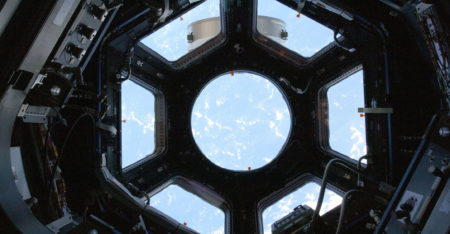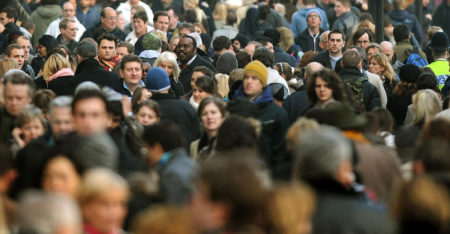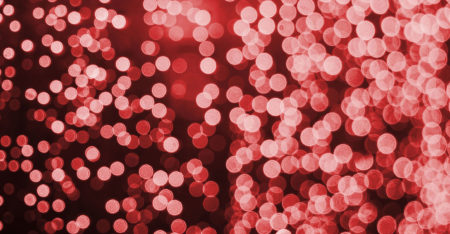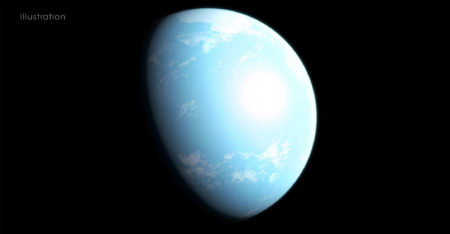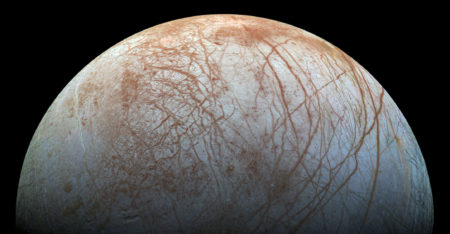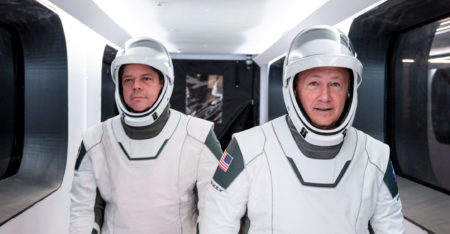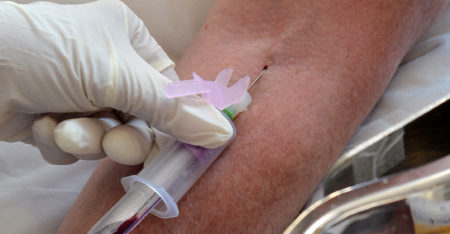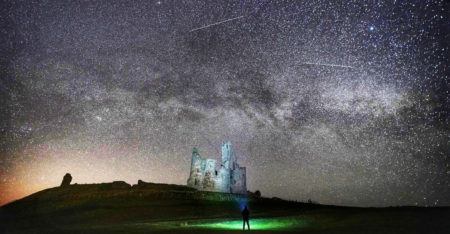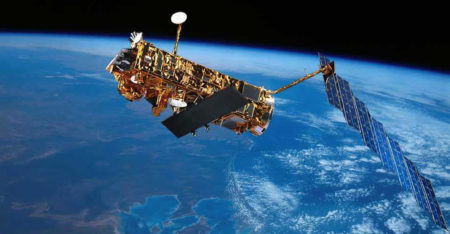As humanity marks the 20th anniversary of continuous human presence in low-Earth orbit, a leading space expert has described the International Space Station as an invaluable scientific resource.
Author: Nilima Marshall
The global population may peak at around 9.7 billion in 2064 before falling to 8.8 billion by the end of the century, a new study suggests.
A small LED torch that emits deep red light and costs just R260 to make could help improve declining eyesight, scientists have said.
Two “super-Earths” have been discovered orbiting one of the brightest red dwarf stars in the sky. About half as big as the sun, GJ 887 is just 11 light years away.
The interior ocean in Jupiter’s moon Europa may be able to sustain life, Nasa scientists believe. Their work is based on computer simulations of the reservoirs below the ice-shell surface.
SpaceX is on course to make history on Wednesday as it launches two astronauts into space, the first time a private company has attempted to do so.
People with blood type A may be more susceptible to Covid-19 compared to other blood types, scientists have claimed.
Experts at the Seti Institute, an organisation dedicated to tracking extraterrestrial intelligence, are developing state-of-the-art techniques to detect signatures from space that indicate the possibility of extraterrestrial existence.
Two defunct satellites, racing across the sky at around 53 000km/h, narrowly missed smashing into each other on Thursday. They may have come within 47m of each other at their closest approach.
Scientists believe they are a step closer to building drones that can mimic the way birds fly, after designing a robot using real pigeon feathers.


